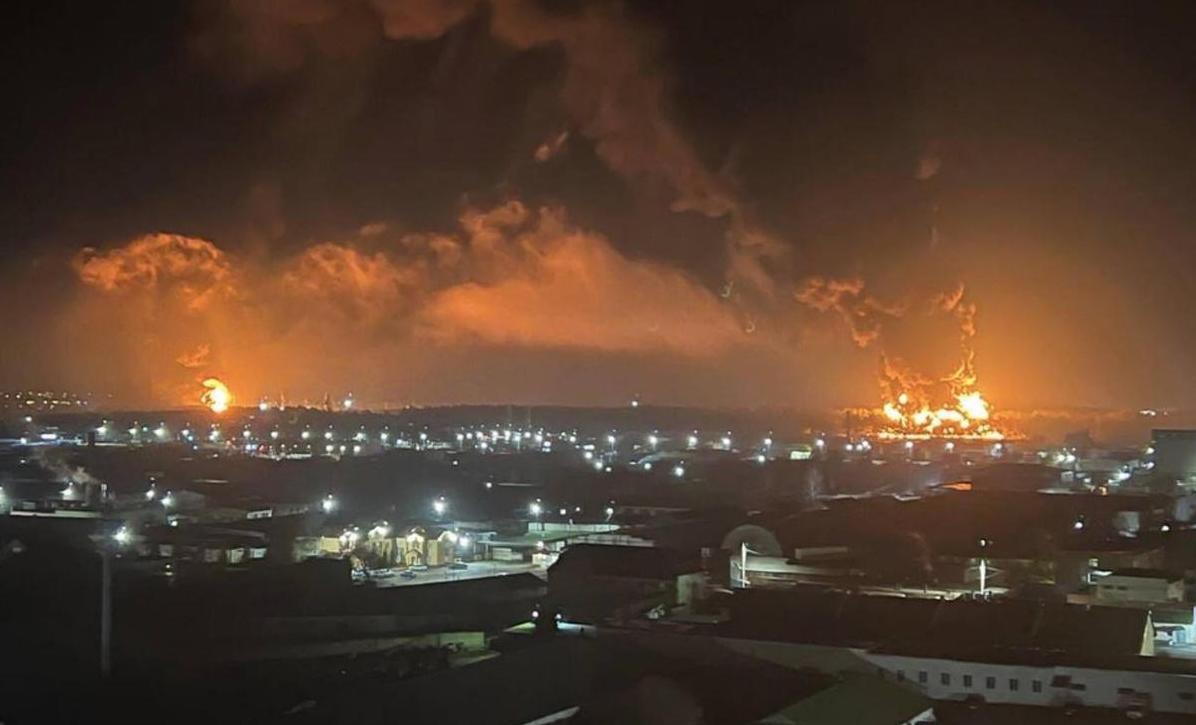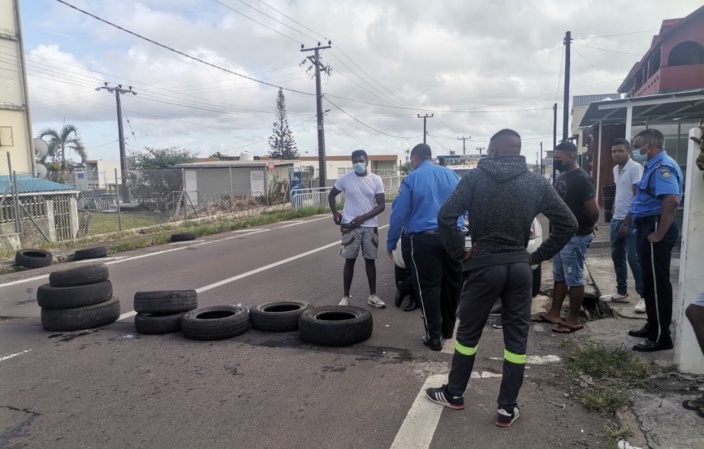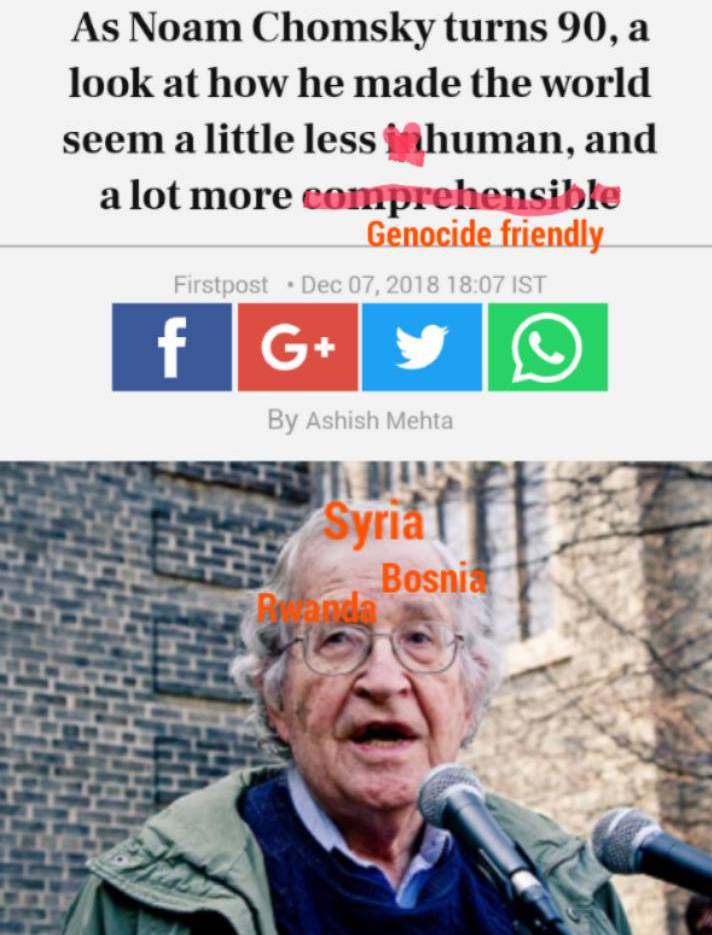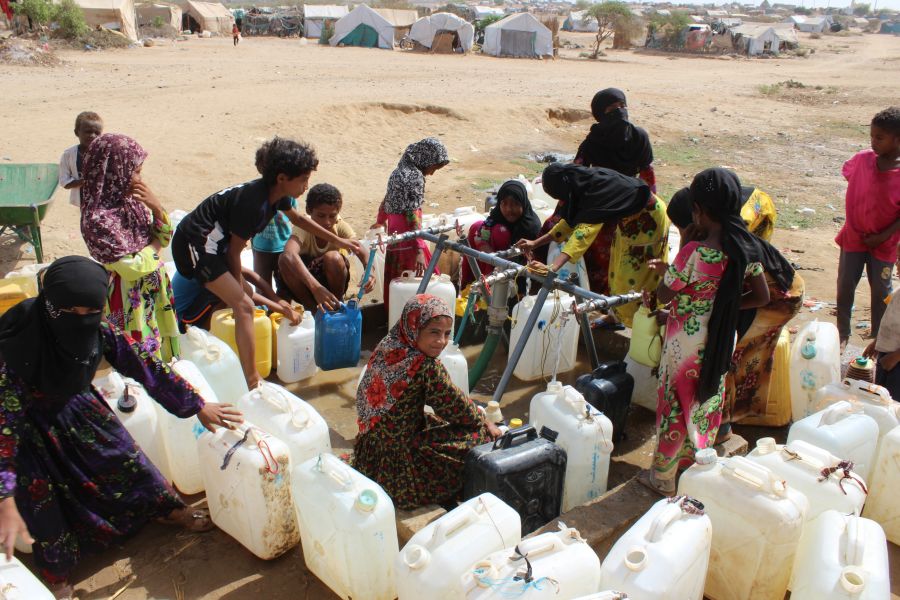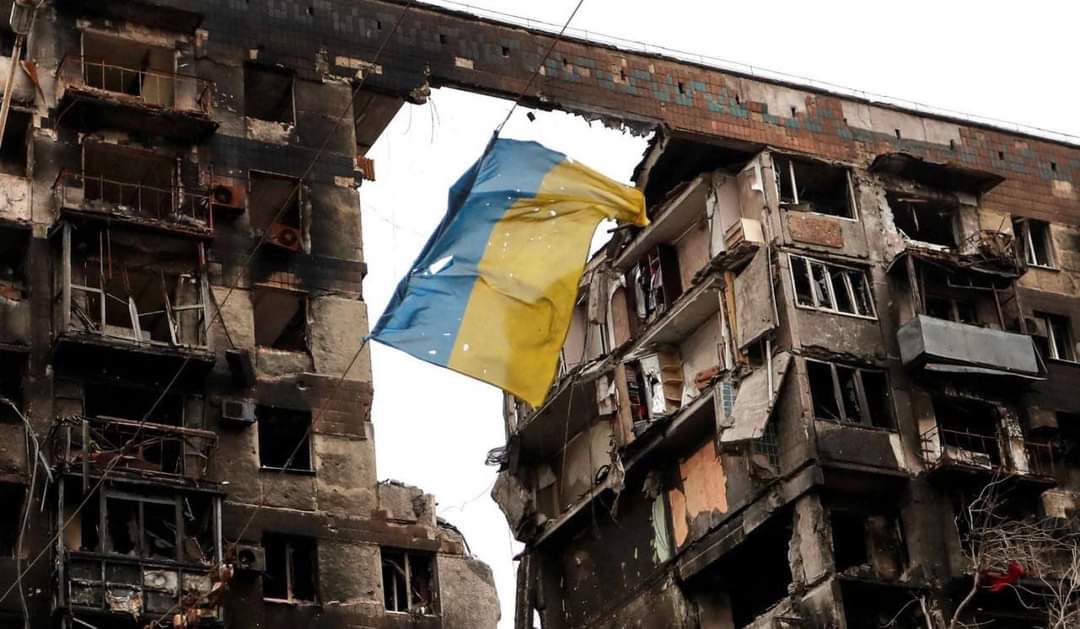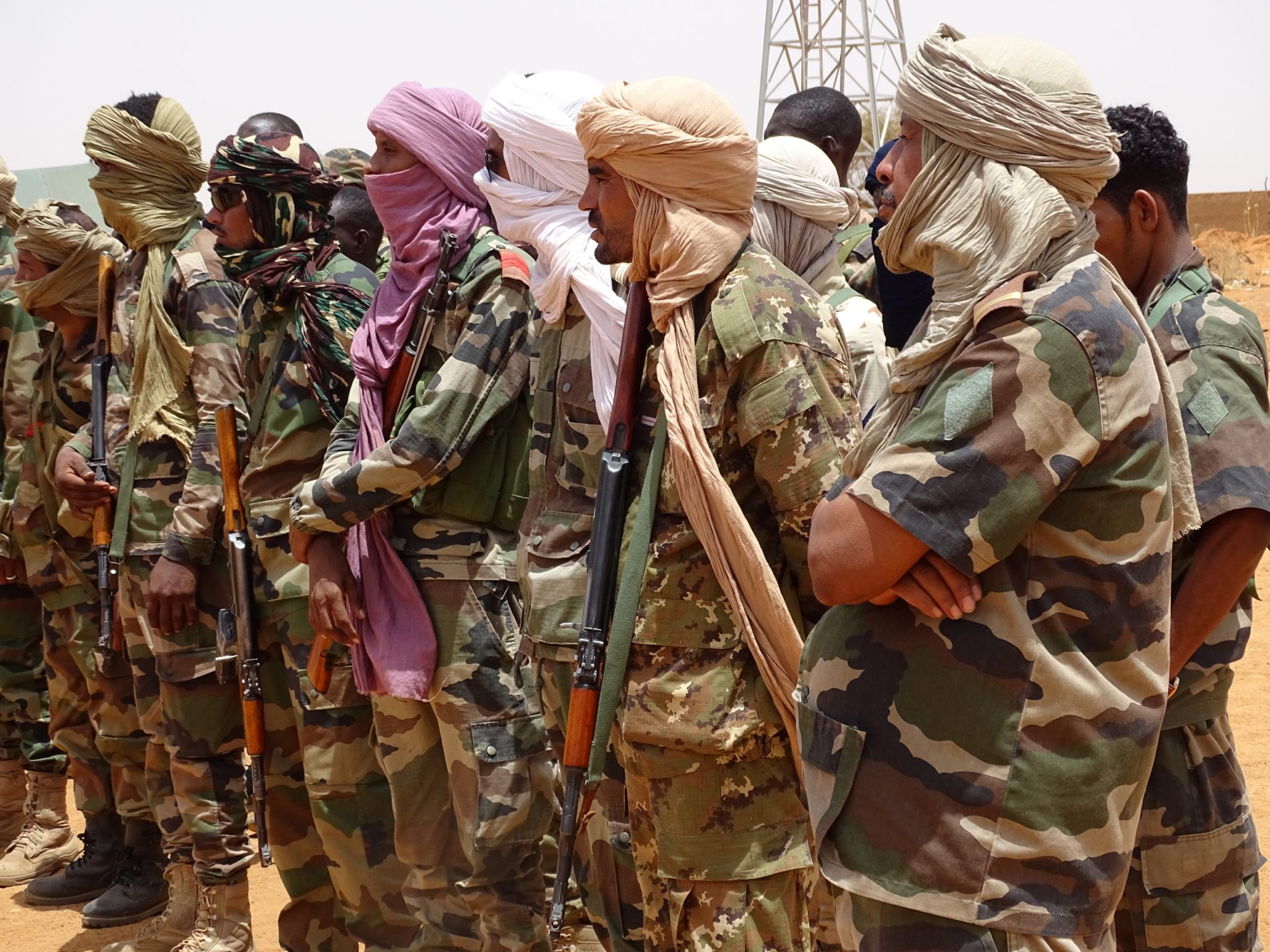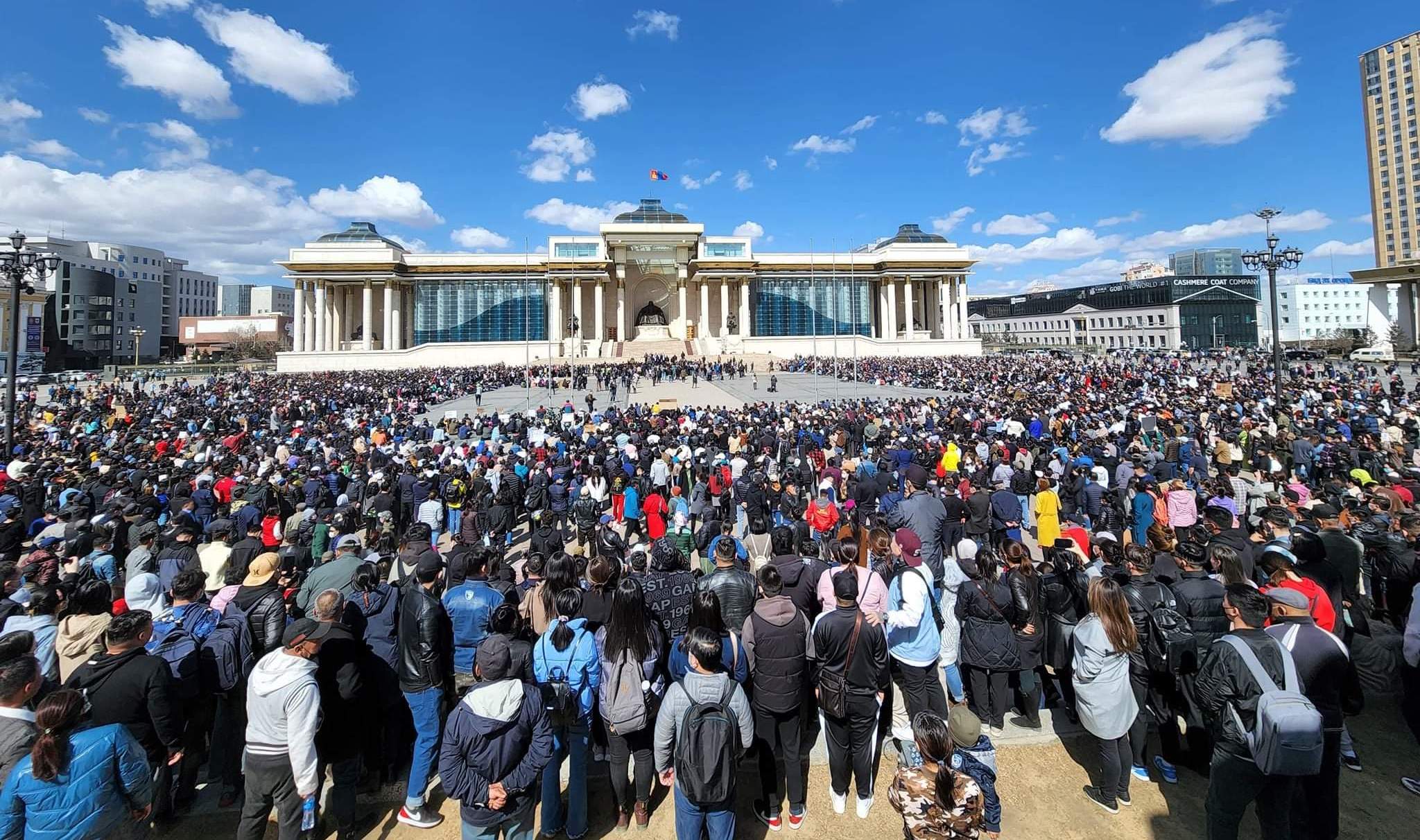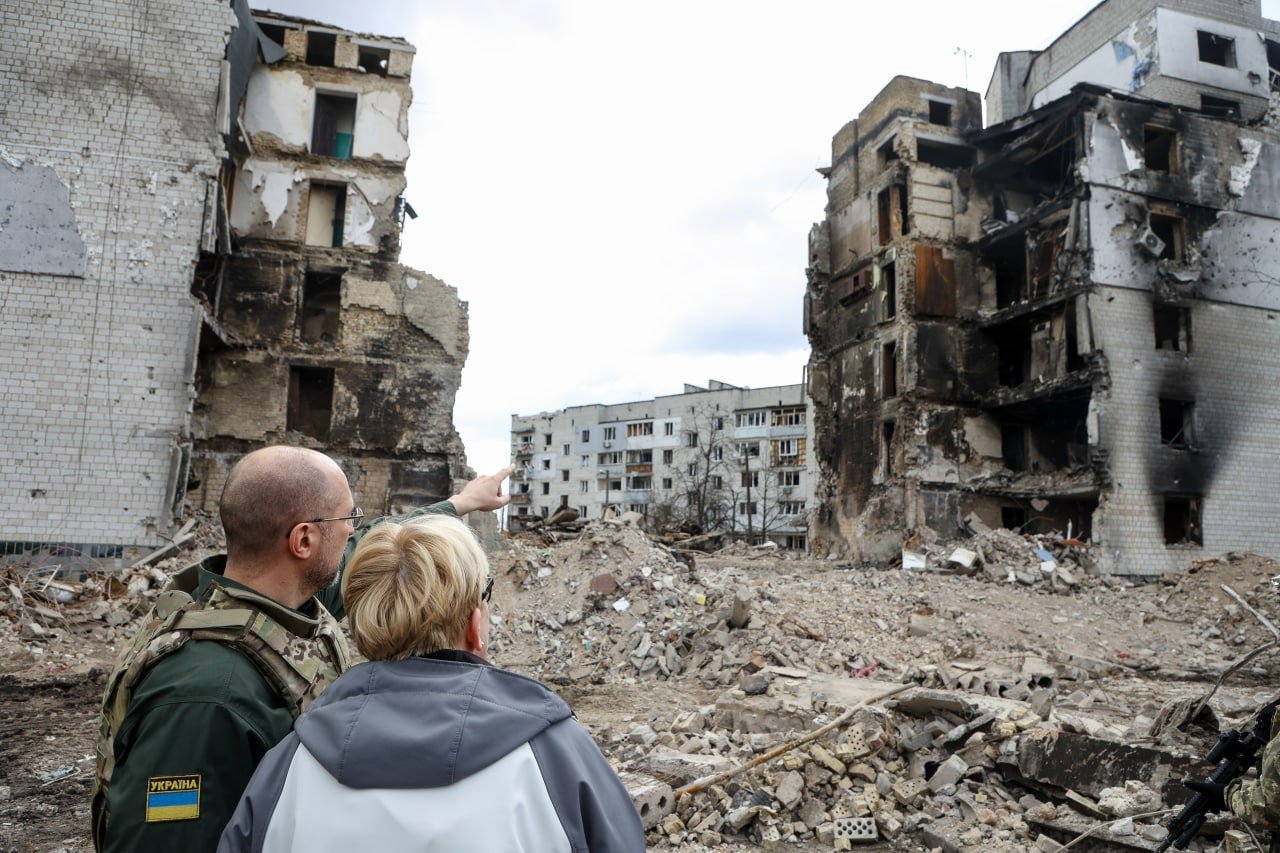
‘False flag’ plot behind Mali mass grave?
The junta in Mali is accusing France of spying after the French military used a drone to film footage that Paris says shows Russian mercenaries burying bodies in a mass grave near a military base. The French government says the bodies were buried outside the base at Gossi, Tombouctou region, in a scheme to falsely accuse its departing forces of leaving behind mass graves. Video from the drone was released after pixelated images appeared on social media of corpses being buried, with text accusing France of atrocities in Mali. France claims the bodies were brought to Gossi from Hombori, a town to the south, where Malian troops and Russian mercenaries have been carrying out an operation against jihadi insurgents. The junta acknowledges that numerous militants were killed in the operation. (Map: PCL)



